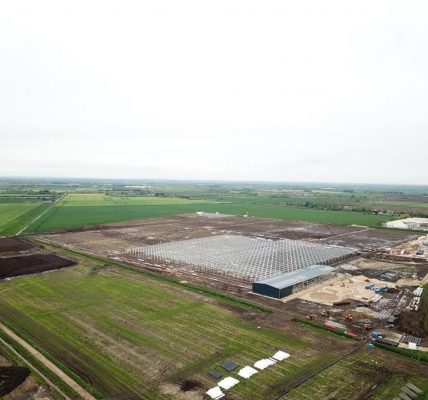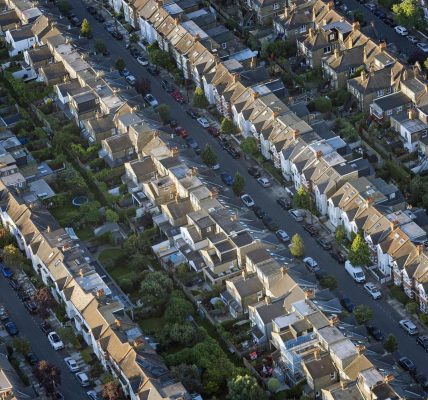Beckie Hart: Commute to work must be on the green agenda
For most of us, daily behaviours have changed markedly over the past year.
Take our morning routines, for example; time traditionally spent squeezed onto trains and buses, or battling frustrating traffic queues, has been replaced by a more leisurely breakfast and a stress-free log-in from our kitchen table
But the change has not only been good for the individual – it has been good for the planet, too. The big reduction in commuter numbers will have triggered a similarly sharp drop in transport emissions, a positive trend which can be embedded for the long-term by a more permanent shift in our working patterns in the months and years ahead.
Bold net-zero targets mean we must go much further, though. And if we are to truly fulfil our ambitions on climate change, it will take a concerted effort by all sections of society – including business.
I know many companies across the region are proactively making great strides on this front. Some have made significant investment in improving the energy efficiency of their buildings and operations. Others have drawn up green travel plans, reducing journeys or investing in more environmentally-friendly vehicles.
Our region’s businesses have proven they care about the environment through the tangible commitments they have made to reducing their emissions.
But for all of their good intentions and obvious effort, the strategy comes unstuck in one big way – employee commutes to and from the workplace typically sit outside of all of these company initiatives and effectively add substantial emissions to companies’ carbon footprints.
We are not talking small numbers. Prior to the pandemic, commuter journeys accounted for 15 per cent of all trips and 20 per cent of total travel distance in the UK – totalling 18 billion kg of CO2 emissions per year. With work patterns evolving towards a likely hybrid solution, these numbers will fall – but not enough to make a decisive contribution to climate change without further action.
That is why the CBI believes now is the time for businesses to begin to take direct responsibility for cutting the emissions from their workforce’s commute. An important first step would be for firms to incorporate staff commuting into their net-zero strategies.
This can be achieved in a number of ways, from incentivising public transport use and promoting active travel options, to supporting the delivery of electric vehicle charging infrastructure.
Yet business cannot do this alone. It is also incumbent upon government to lay the foundations for business to act. That means revamping public transport networks to reflect shifting working patterns and demand for different ticketing models, while accelerating rollout of low-emission vehicles.
Both government and business will then have a role to play in influencing behaviours by rebuilding public confidence in shared transport and driving long-term shifts towards more active transport.
In tandem, these measures can be the catalyst which helps build momentum around the shift to a decarbonised economy ahead of COP26 in November, where clean transport will be a core theme.
Make no mistake; the clock is ticking on the UK’s commitment to achieving net-zero emissions by 2050.
This summer, as more and more businesses nationwide begin to look beyond the challenges of Covid-19 and plan a return to on-site work, firms have an unprecedented opportunity to work with government at all levels to provide their staff with a menu of low-emission travel options.
This will be critical, not only for meeting the UK’s net-zero commitment, but for society’s health, wellbeing and productivity, both in the short term as the economy reopens, and in the decades to come.










